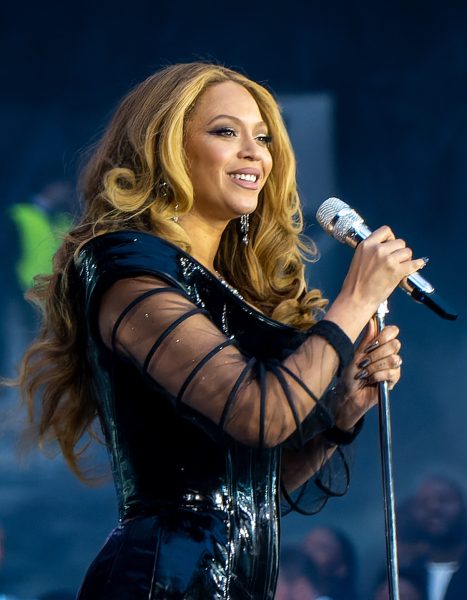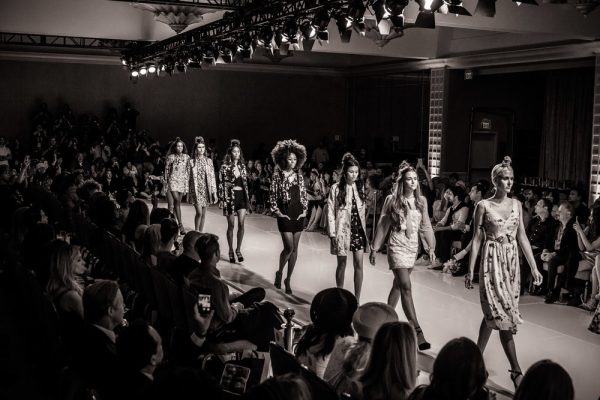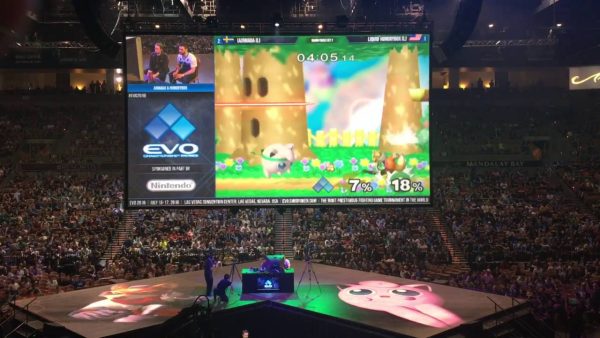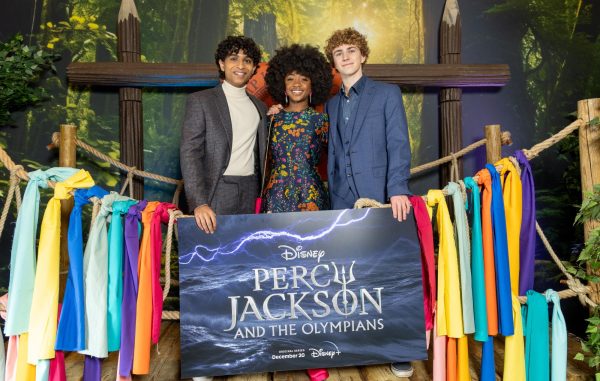Education for Teens? Not a SKAM!
The human condition is a strange and complicated concept and culture has a large influence on the development of a person. Religion, beauty, politics, sexuality, morals, and gender roles all contribute to the beliefs of a culture and by association those who live in said culture. Perhaps the most vulnerable people to the beliefs of a culture are teenagers. The awkward middle period between childhood and adulthood where a person must determine who they are and where they fit into society is a confusing time for most. Being a teenager means either learning what it means to stay true to yourself in the face of adversity or receiving the hard lesson of wasting your time trying to “fit in.”
SKAM is a Norwegian web series that began in 2015 and dedicated its content to helping teenagers navigate the tumultuous years of young adulthood. Created, written, and produced by Julie Andem, SKAM began as a low budget show on Norway’s government owned radio and television network, NRK. The show focuses on a group of high school students in Oslo, Norway as they face love, betrayal, stress, and success. It quickly gained traction in its second season and climaxed in its third season, breaking through the door to America and gaining an international audience. The show’s ascent from having a small community with fifteen minute episodes to recognition worldwide and an hour-long series finale has everything to do with its empowering content.
In its first season the show follows the story of a sixteen year old girl named Eva. Eva has recently broken up with two of her best friends and starts high school with no hope of friendship besides her boyfriend Jonas. In the very first episode, Eva joins a group of the school’s biggest losers who vow to tackle the torment of social interactions together. Throughout succeeding seasons, the group grows increasingly close and provides a heart warming example of the strength a group of women who protect and support each other fiercely no matter the situation or consequences can have. The second season illuminates the power dynamic between partners in a relationship through a love story spanning the whole season, and reveals the machinations of a healthy relationship between young people. The third season focuses on LGBT issues by telling the story of Isak. Isak is estranged from his parents and lives in a flatshare. He has his own group of friends made up of three guys his age each dealing with their own insecurities. Isak’s story maps the difficulties of coming to terms with one’s sexuality while taking on the stigma surrounding bipolar disorder and mental illness in general. The final season attacks islamophobia with a carefully painted portrait of the main character Sana’s journey to accepting the teachings of her religion while at the same time deflecting the stereotypical stance much of society takes towards the topic.
SKAM’s success and the importance of its message have flourished into maybe its most important development yet: its remakes. SKAM is currently being remade in the Netherlands, Germany, France, Spain, America, Italy, and Denmark. The layout and storylines are essentially the same in each country, but each character is portrayed by actors from the region in which the remake resides. The French version features abstract art, a chilling piano soundtrack, an excess of roses, and heart wrenching dramatics while the Italian version takes on a modern edge with moody lighting and immense amounts of coffee. Overall, each script is altered to fit the culture, in order to be as relatable as possible for the viewers. The SKAM remakes allow teenagers to identify a version of themselves and begin to understand how they can survive in their own society. In every language, culture, and teenage population, SKAM’s series slogan is constant: everything is love.










